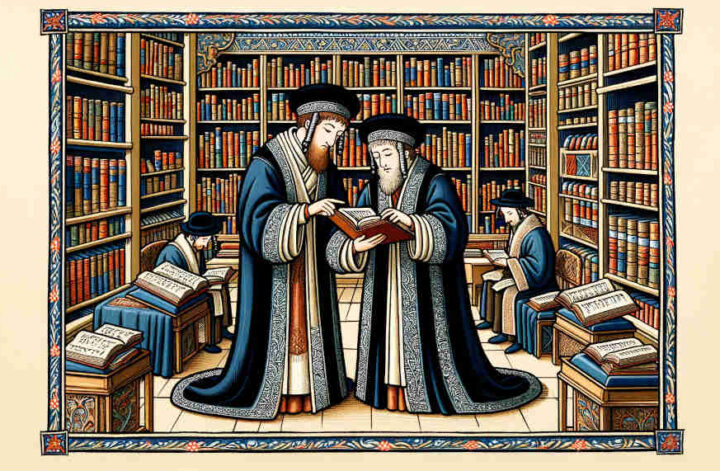From: Jordan K.
Subject: Question Regarding Sanhedrin 57a
Hello Rabbi Elyahu,
I recently came across a quote attributed to the Talmud in Sanhedrin 57a, which states, “When a Jew murders a gentile (‘Cuthean’), there will be no death penalty. What a Jew steals from a gentile he may keep.” This has left me quite disturbed. Is this quote genuinely from the Talmud? Do Jews actually believe this?
Sincerely,
Jordan K.
Dear Jordan K.,
Thank you for your thoughtful question. Firstly, it is crucial to approach Talmudic texts with an understanding of their complexity and context. The Talmud, a central text in Jewish tradition, is a vast and intricate compilation of rabbinical discussions, legal debates, and ethical teachings spanning centuries. Its contents must be interpreted within their historical, cultural, and legal frameworks to grasp their true meaning.
The passage you referenced from Sanhedrin 57a requires careful examination. In its original context, the Talmud discusses various legal statutes and their application to Jews and non-Jews. This specific passage is part of a broader conversation about legal distinctions in a historical context where different laws applied to Jews and non-Jews under Jewish sovereignty. It is crucial to note that the Talmud is not a static code of law but a dynamic record of legal reasoning and debate. The opinions expressed within are not definitive rulings but part of an ongoing discourse to explore and interpret Jewish law.
Regarding the quote itself, it appears to be a misrepresentation or mistranslation of the actual text. The Talmud does not advocate for the harm of non-Jews or the theft of their property. In fact, Jewish law (Halacha) emphasizes the sanctity of all human life and the importance of ethical conduct towards all people, regardless of faith or ethnicity. The principle of “Dina d’malchuta dina” (the law of the land is the law) in Jewish law further mandates Jews to adhere to the ethical and legal standards of the societies in which they live, including respecting the rights and property of non-Jews.
In conclusion, the quote you encountered does not reflect the teachings of the Talmud or Jewish values. It is a misinterpretation that unfortunately perpetuates misconceptions about Jewish law and ethics. The Talmud’s teachings, when understood in their proper context, advocate for justice, compassion, and the ethical treatment of all people.
Shalom,
Rabbi Elyahu



